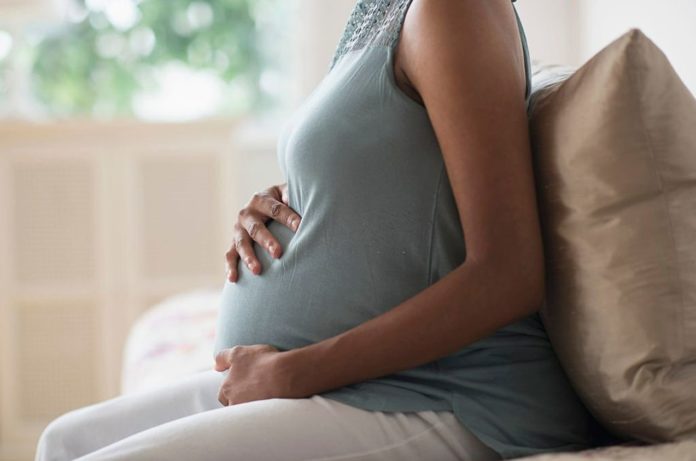Obese women, including those with regular menstrual cycles, have slowed ovarian follicle growth and lower production of reproductive hormones, which may explain low fertility, according to a new study presented Saturday at ENDO 2022, the Endocrine Society’s annual meeting in Atlanta, Ga.
Obesity has a negative influence on reproductive health in women, even in those who have normal menstrual cycles, according to lead researcher Marla Lujan, Ph.D., of Cornell University in Ithaca, New York.
The new research “provides new and fundamental knowledge related to ovarian function in the context of obesity,” Lujan added. “This knowledge may be used to inform improvements in current contraception and infertility treatments, both of which are known to be suboptimal in women with obesity.”
Inside a woman’s ovaries are little sacs filled with fluid called ovarian follicles. The follicles contain an oocyte, which is an immature egg. A mature egg is discharged from a follicle during ovulation.
The researchers looked at 21 obese women and 21 normal-weight women between the ages of 19 and 38 who had a self-reported history of regular menstrual cycles. They were monitored with ultrasound imaging every other day from one ovulation to the next. At each visit, the number and size of their follicles were counted, and blood samples were obtained to determine hormone levels.
Luteal phase deficiency (LPD) occurs when a woman’s ovaries do not secrete sufficient progesterone after ovulation, or when the uterine lining does not respond to progesterone. The researchers discovered that LPDs are more common in obese women throughout normal ovulatory cycles, which could explain why these people have lower fertility.
“Our research provides evidence that follicle development is suppressed with obesity and that alterations in distinct stages of follicle development are associated with reduced reproductive hormone production,” said Alexis Oldfield, a Ph.D. candidate and the report’s first author.
“This is the first comprehensive comparison of follicle growth in non-obese versus obese populations during natural menstrual cycles,” she said. “These data are unique and innovative in showing that even in those with self-reported regular menstrual cycles, ovarian physiology is compromised with obesity.”
Image Credit: Getty
You were reading: A new study explains why some women run out of eggs
